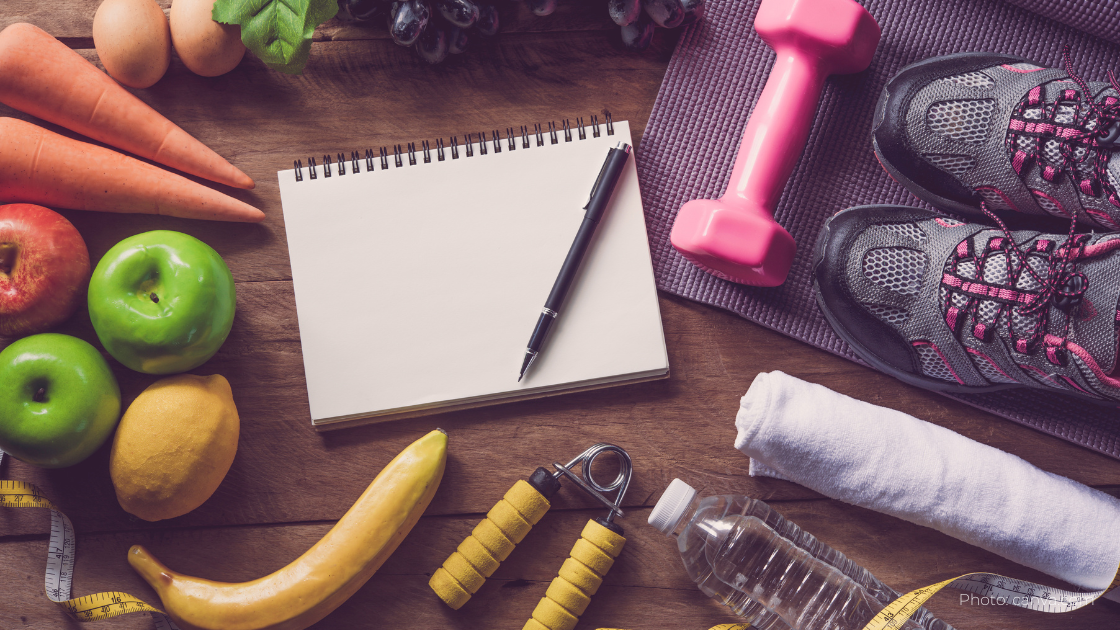My father was a stoic Swiss man, he worked hard and loved to travel. We were close, and we did a lot together, including skiing, hiking, running, taking fitness classes, and having long phone calls. He was a critical man and very rarely gave compliments. Mostly he shared his judgments instead of being generous with his positivity.
He passed away almost 14 years ago, days before turning 65. He missed out on retirement, grandkids, and so much more. He had cancer. When we went to an intake meeting at the hospital, they warned us that any treatment that wasn’t based in western medicine wouldn’t work and to be wary of anyone claiming alternatives. I understand that, but to a point: the advice was narrow minded and lacked any dialogue on finding emotional support.
Believing that diseases could be linked to emotional well-being was so far out there, you would be considered ‘woo-woo’ or ‘flighty’ to admit such a thing.
I’ve long believed that physical health is most often a reflection of emotional state. My father and I shared conversations on this topic; as an intellectual, stubborn man and linear thinker, he admitted that he had come to understand the truth in this for himself and his disease.
I’m grateful to live in a time when science is catching up (slowly) to this reality. In Dr. Gabor Maté’s latest book, The Myth of Normal, he states that “In a 1939 lecture to a graduating medical class, published in the Journal of the American Medical Association (JAMA), Dr. Soma Weiss informed his audience that ‘social and psychic factors play a role in every disease, but in many conditions, they represent the dominant influences.’”
It’s taken nearly 100 years for medicine to begin to catch up to this understanding of health.
Emotional and mental health are directly related to what is happening below the neck. It’s not a ‘mind over matter’ problem, it’s the marriage of our whole system. If we’re not taking care of ourselves, mind, body and spirit (soul), our entire emotional system can collapse.
We understand that staying physically healthy requires being active. Yet if staying fit is motivated by the shame of feeling like we’re not good enough or pushing ourselves to feel worthy, as a distraction for stress and for feeling hard emotions, it negative impacts our emotional health. If we choose fitness because it is part of our self-care, makes us feel good, and has a positive impact on our mental health, and we still make time for feeling our feelings, we’ll get much higher benefits from it.
We also need practices for emotional health, which can include: healthy food, meditation, quality sleep, a counselor or therapist, yoga, time outdoors, breathwork, etc. These are tools, and you don’t have to do ALL the things, but they are part of emotional fitness.
Measuring emotion is tricky and mental health means different things to different people. Things that might influence our emotional health include the ability to have and maintain healthy relationships, a sense of purpose, the capacity to regulate emotions, the experience of fulfillment and satisfaction, and the ability to be present.
These are indicators that your emotional well-being is faltering: constantly experiencing negative emotions and difficult thoughts; feeling like you need someone to rescue you; praying for miracles; seeing the worst in people most of the time; having a hard time listening to others; constantly fixating on yourself and your life; dealing with chronic pain; avoiding feeling and slowing down; using drugs, shopping, social media, TV watching, alcohol on a regular basis; fixating on the way you look or beauty products to change how you look; using kids, family, friends, and work as excuses why you can’t take care of yourself. If you can relate to this, make it a priority to find help —this makes you strong, not weak.
Remaining soft and gentle with ourselves is essential to supporting our process. Coming together in community to practice yoga, pickleball, sports with teams, volunteering, churches, clubs, and other modalities that create connection is important. Keep company with like-minded people, people who prioritize emotional well-being without being pushy about it. If you don’t know how to be kind to yourself or even how to feel soft and gentle, find someone to help you access those parts of yourself.
The last three years have shown us that disconnection makes us unhealthy. Supporting both mind and body is non negotiable. Look at yourself as a whole and create habits that support your emotional health.
Being kind, patient, and gentle with ourselves is a gift high magnitude, yet so many of us struggle with it. Remember to tend to yourself and seek help when you need it.
This isn’t easy work, and the hardest part is often the moments we see the patterns and must choose to find ways and tools to help us. The process isn’t easy, but your future self will be so incredibly grateful you got uncomfortable in order to get healthy.
With love, Noelle

